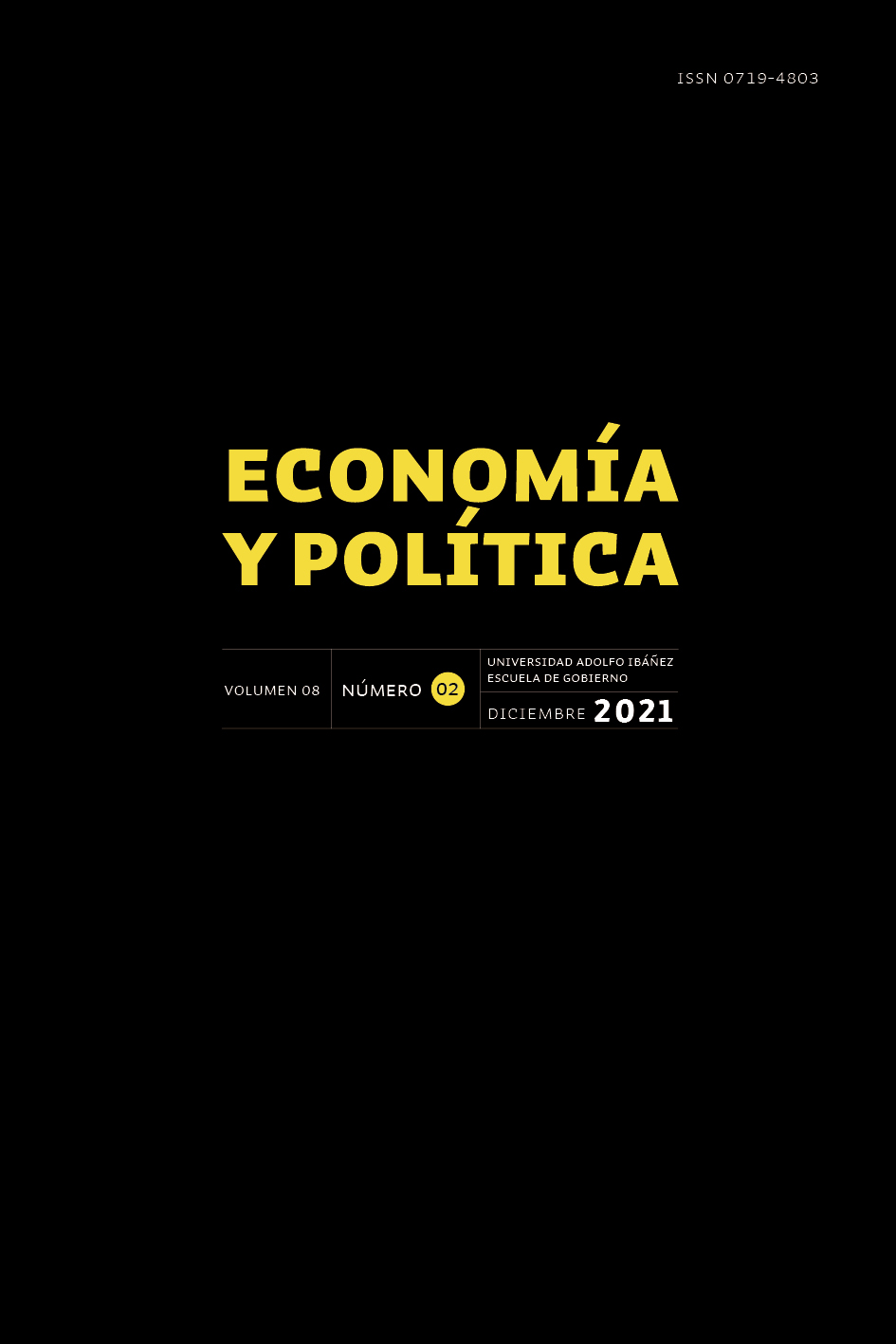No Future? Notes for a Sociology of Alternatives
DOI:
https://doi.org/10.15691/07194714.2021.005Keywords:
Futures, sociology of alternatives, social theory, environmental and social crisisAbstract
This article offers a theoretical reflection on how sociology and other related social sciences can contribute to imagine and mobilize desirable alternative futures. The argument is organized as follows. Firstly, I explore the relationship between the social sciences and the tasks of imagining and designing alternatives futures. I highlight the predominance of economics and the invisibility of other forms of social as critical tools for thinking desirable futures. After highlighting of economic thinking for proposing alternatives futures, I argue that a more active involvement of social sciences, particularly sociology, is needed. By engaging in this task, sociology is also connecting to a long tradition of sociological thought about alternatives. In the second part of the paper, I identify two modalities from which sociology has approached the problem of alternative futures. I do so by examining their possibilities and limits. A first modality focuses on the production of epochal discourses of social change and often combines a sociological diagnosis with a set of normative frameworks that define a desirable future. I call this first version declarative modalities of the future. A second modality has focused mainly on studying empirical forms of collective experimentation that embody alternatives for the future and/or on developing methodologies for fostering concrete alternatives. I label this second version pre-figurative modalities of the future. In the last part of the paper, and based on the previous analysis, I proposes three critical paths to further encourage a sociology of alternatives, namely: addressing the problem of scale, in particular the tension between the universal and the multiple as constitute elements of any proposed alternative; second, considering the world of institutions, the state in particular, as critical spaces trough which alternatives can be materialized, and third, the central role of infrastructures as a tools to embody and mobilize alternatives for a desirable futures.


